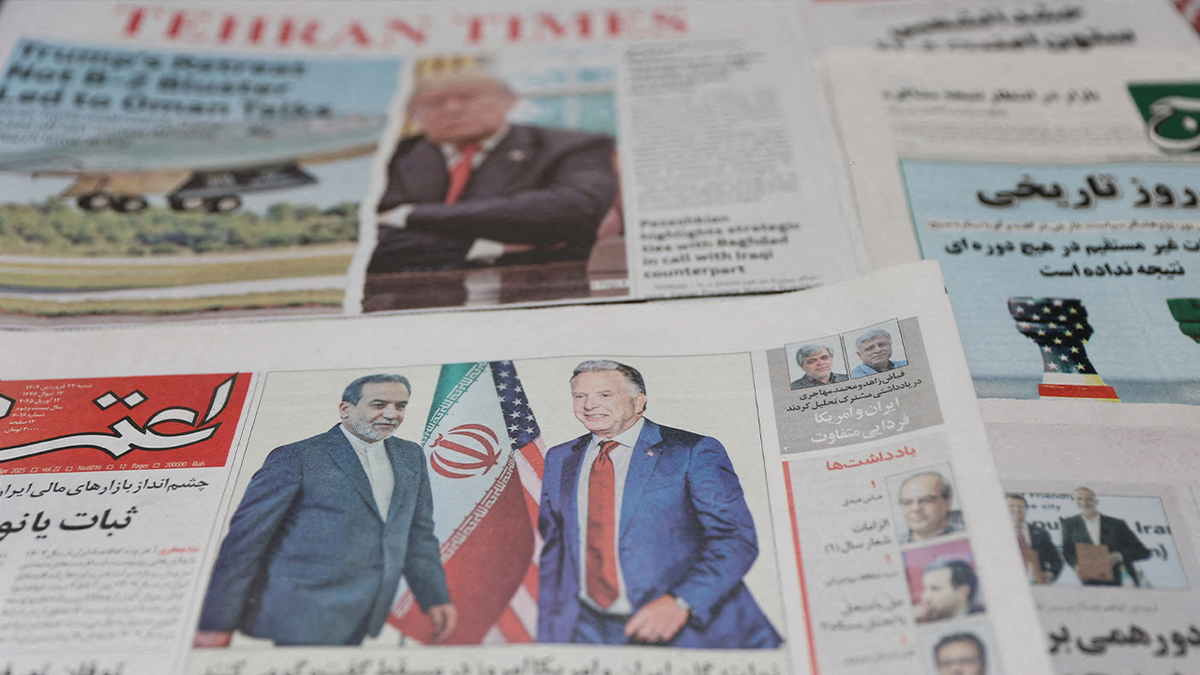Articles in this Cluster
23-04-2025
High-level peace talks between the UK, US, France, Germany, and Ukraine have been downgraded due to Kyiv's rejection of a US plan to recognize Crimea as Russian. The talks will now take place among senior officials instead of top diplomats, with Ukrainian Foreign Minister still holding a bilateral meeting with UK Foreign Secretary David Lammy. The US peace proposal, which also involves freezing frontlines, has been met with opposition from Ukraine, and it's unclear if Kyiv would accept a ceasefire that would leave 20% of Ukraine under Russian control.
23-04-2025
Russian President Vladimir Putin indicated he is open to direct talks with Ukrainian President Volodymyr Zelensky, suggesting Russia is willing to discuss not striking civilian targets. However, Russian strikes continued, killing one woman and injuring over 20 others, including children, in Zaporizhzhia, and injuring at least seven people in Kharkiv. Zelensky described the attacks as "deliberate Russian terror" that could be stopped by a single order, and reiterated a proposal for a 30-day ceasefire on strikes using long-range drones and missiles on civilian infrastructure. Putin's comments were seen as a response to this proposal, but Russian attacks persisted, contradicting his apparent willingness to negotiate.
23-04-2025
US Secretary of State Marco Rubio will not attend talks in London aimed at ending Russia's war in Ukraine due to "logistical issues." The talks follow a meeting in Paris where US, UK, French, and German officials discussed a US ceasefire proposal, which includes recognizing Russia's control of Crimea. Ukraine's President Volodymyr Zelensky has rejected this key detail, stating that Kyiv will not legally recognize the occupation of Crimea. Rubio will be represented by President Donald Trump's special envoy for Ukraine and Russia, Keith Kellogg, at the talks.
23-04-2025
The US and Iran are set to hold a third round of nuclear talks in Oman after making "very good progress" in their second round of negotiations held in Italy with Omani intermediaries. Details of the talks remain unclear, but a senior US administration official said that both sides made significant headway in discussions on Iran's nuclear program. Iranian Foreign Minister Abbas Araghchi expressed cautious optimism, stating that a "relatively positive atmosphere" enabled progress on the principles and objectives of a potential deal, but noted that many in Iran believe the previous nuclear deal, the Joint Comprehensive Plan of Action (JCPOA), is "no longer good enough." Experts warn that the talks need to be more comprehensive than the JCPOA, given Iran's advanced nuclear capabilities, and that a new deal must address Iran's ability to manufacture advanced centrifuges and its ballistic missile program.
23-04-2025
US Vice-President JD Vance has called for stronger India-US relations, stating that the two countries must work together for a "prosperous and peaceful" 21st Century. Vance made the remarks during a four-day visit to India, where he met Prime Minister Narendra Modi and discussed trade, defence, and bilateral cooperation. The two countries have made progress in negotiating a bilateral trade deal, with the US seeking greater access to India's market, particularly in agriculture, and India hoping to avoid higher US tariffs. Vance said that the terms of reference for the trade negotiation had been finalised, paving the way for a final deal.
23-04-2025
US Vice President JD Vance has arrived in India for a four-day visit, accompanied by his family, to negotiate on tariffs, a bilateral trade deal, and strengthen ties between the two countries. The visit comes weeks after US President Donald Trump imposed tariffs on around 60 countries, including India, and labelled it a "tariff king" and "big abuser" on trade. Vance met with Indian Prime Minister Narendra Modi, and they discussed enhancing cooperation in areas such as energy, defence, and technology, as well as a potential trade deal. The US and India aim to double their bilateral trade to $500bn by 2030. The visit is also seen as a strategic move to counterbalance China's growing influence in the Indo-Pacific region.
